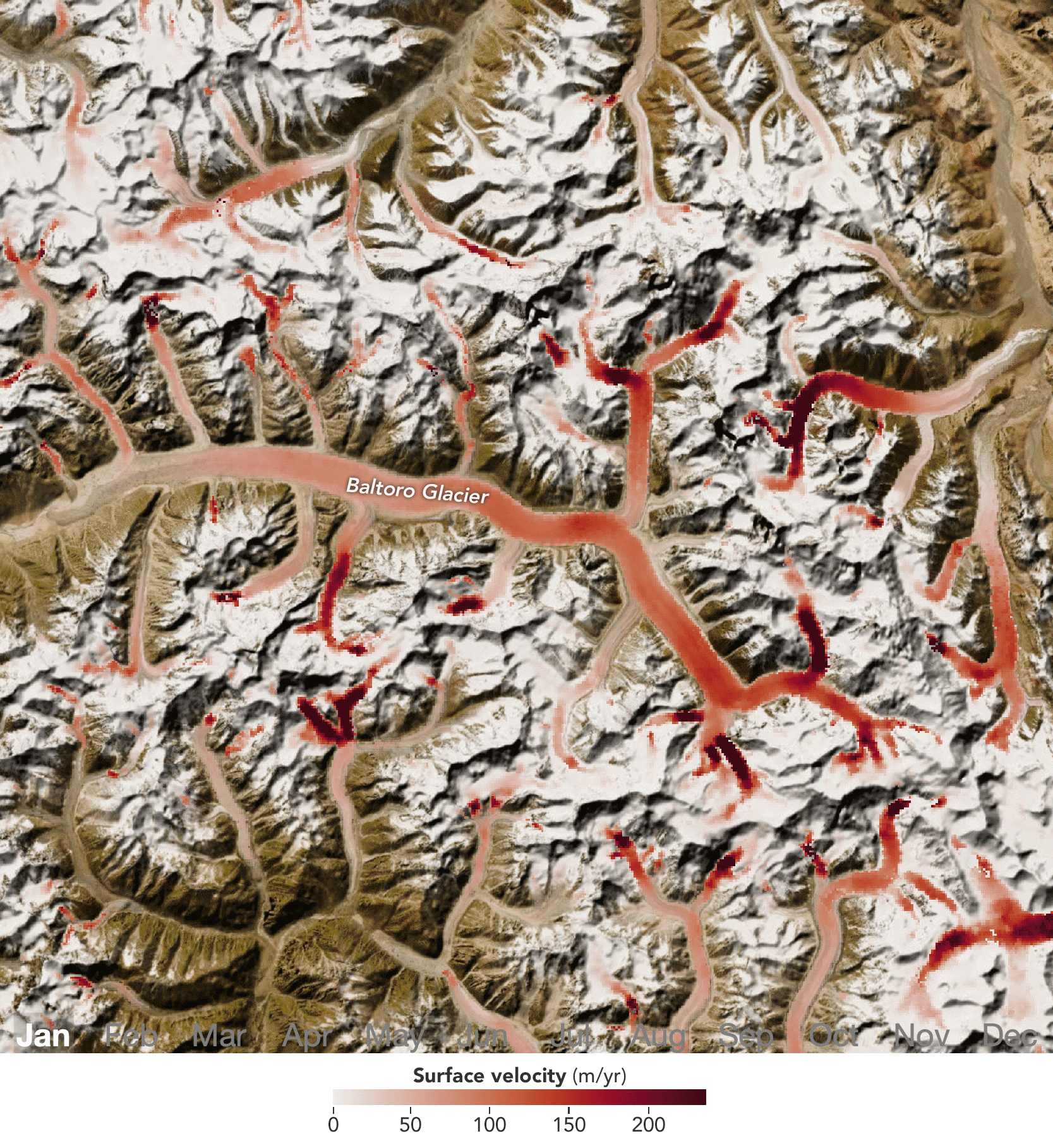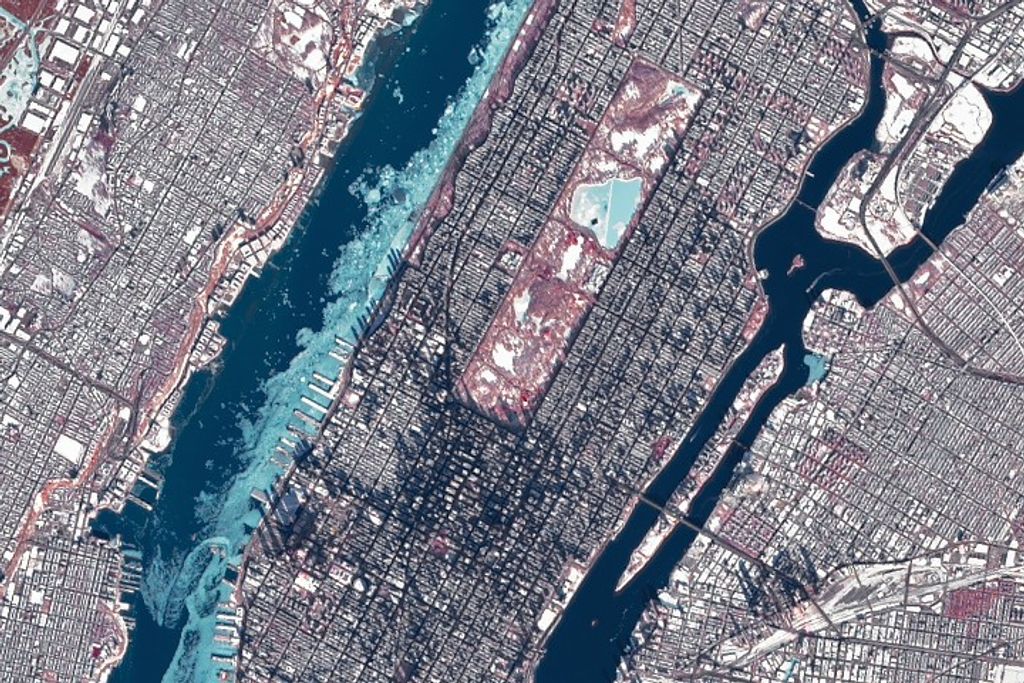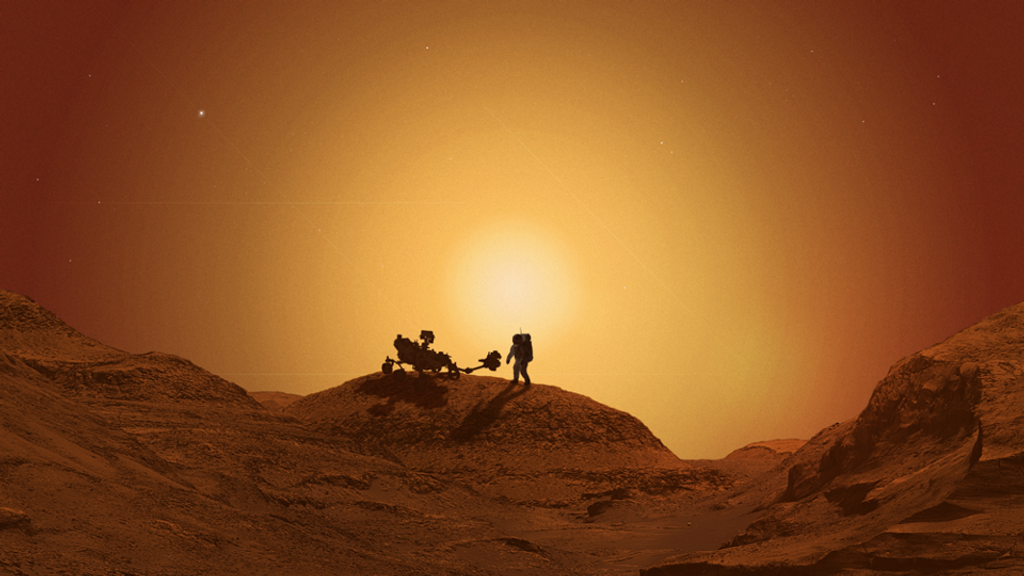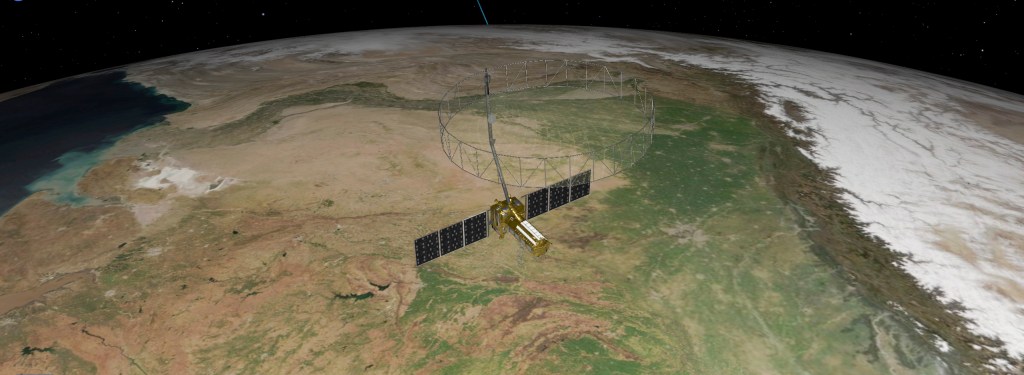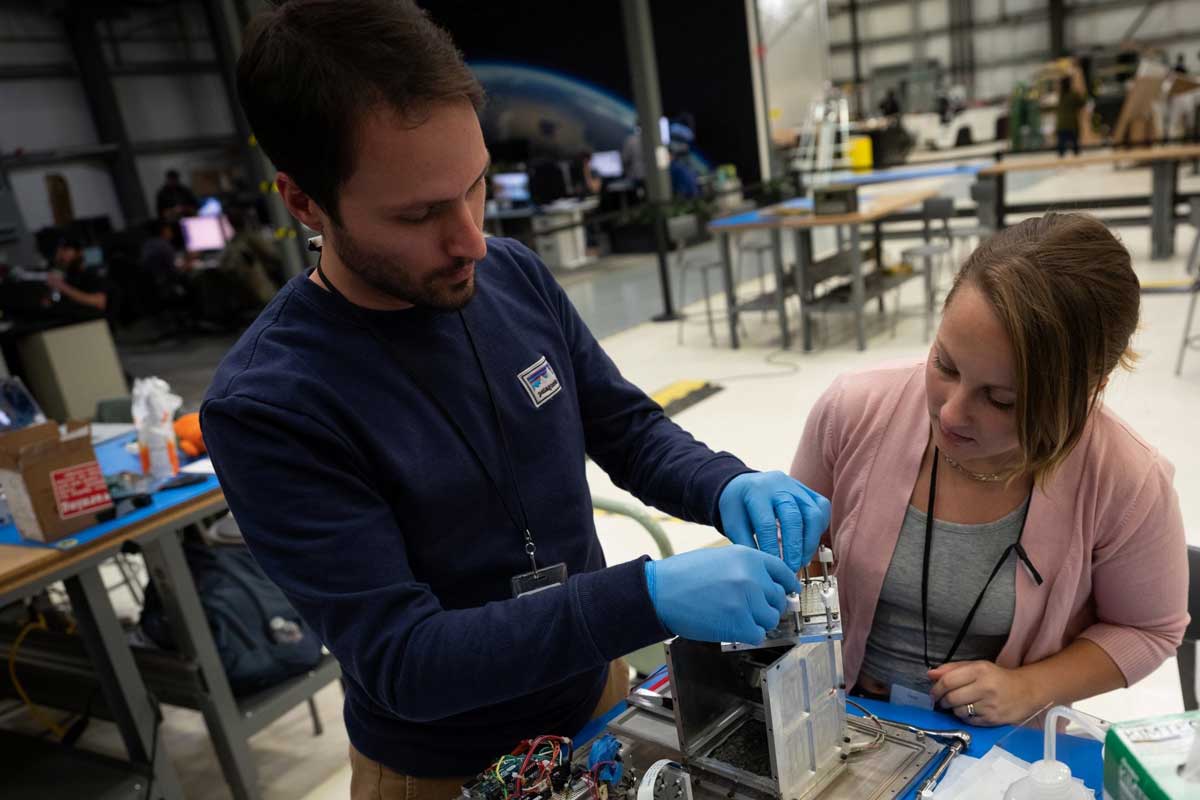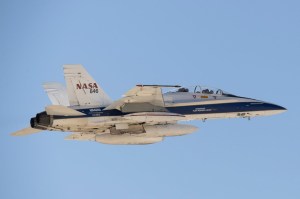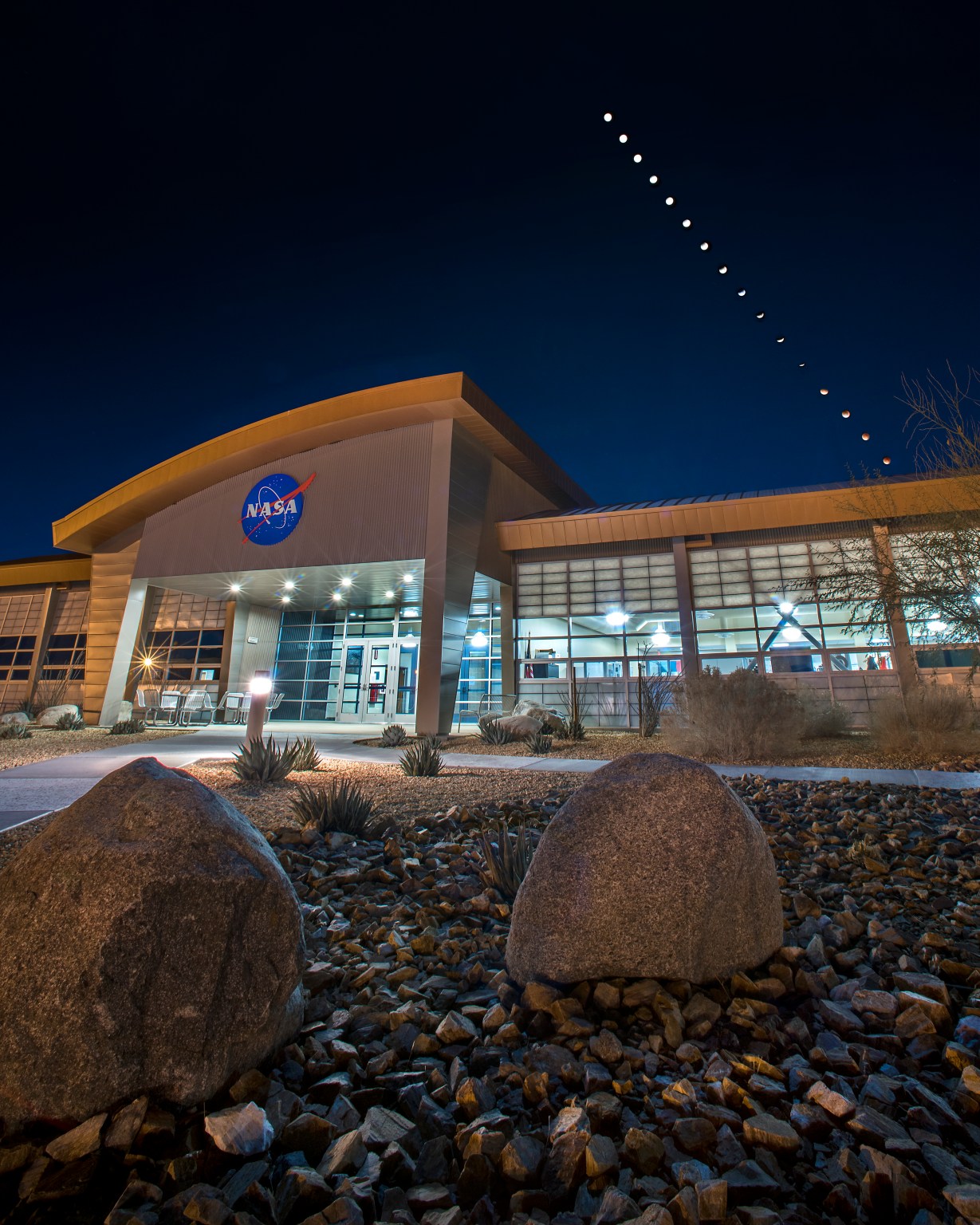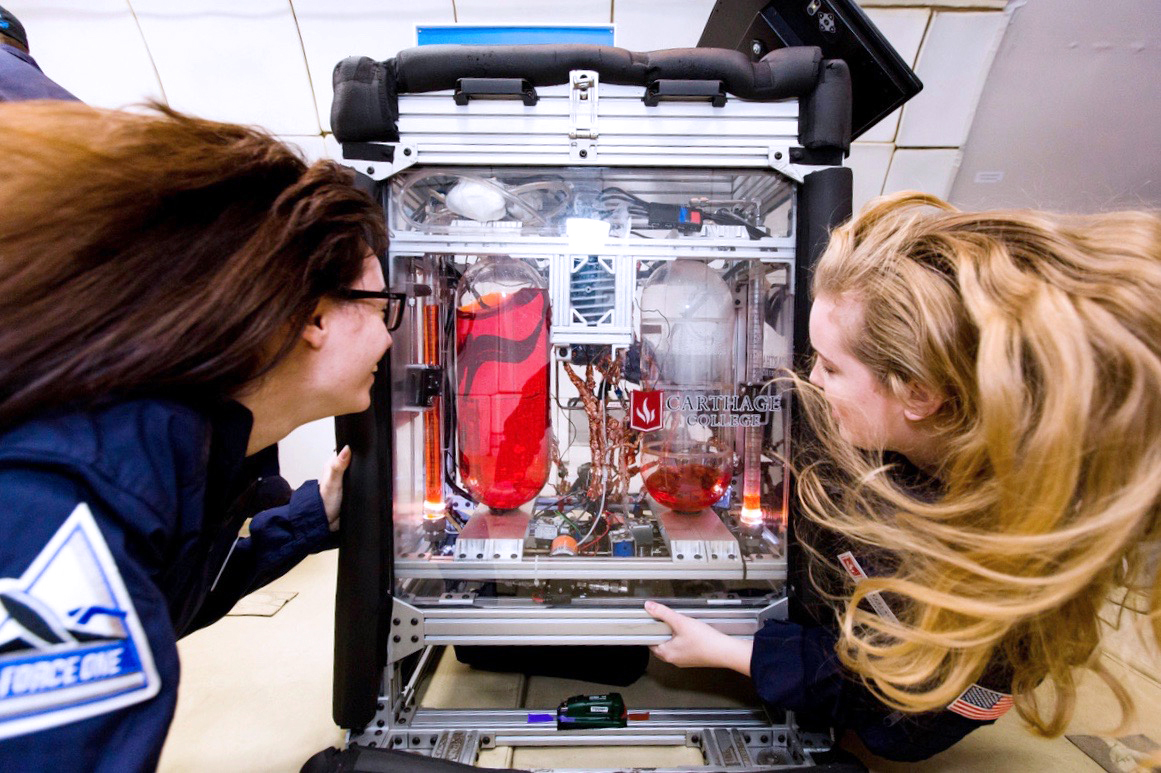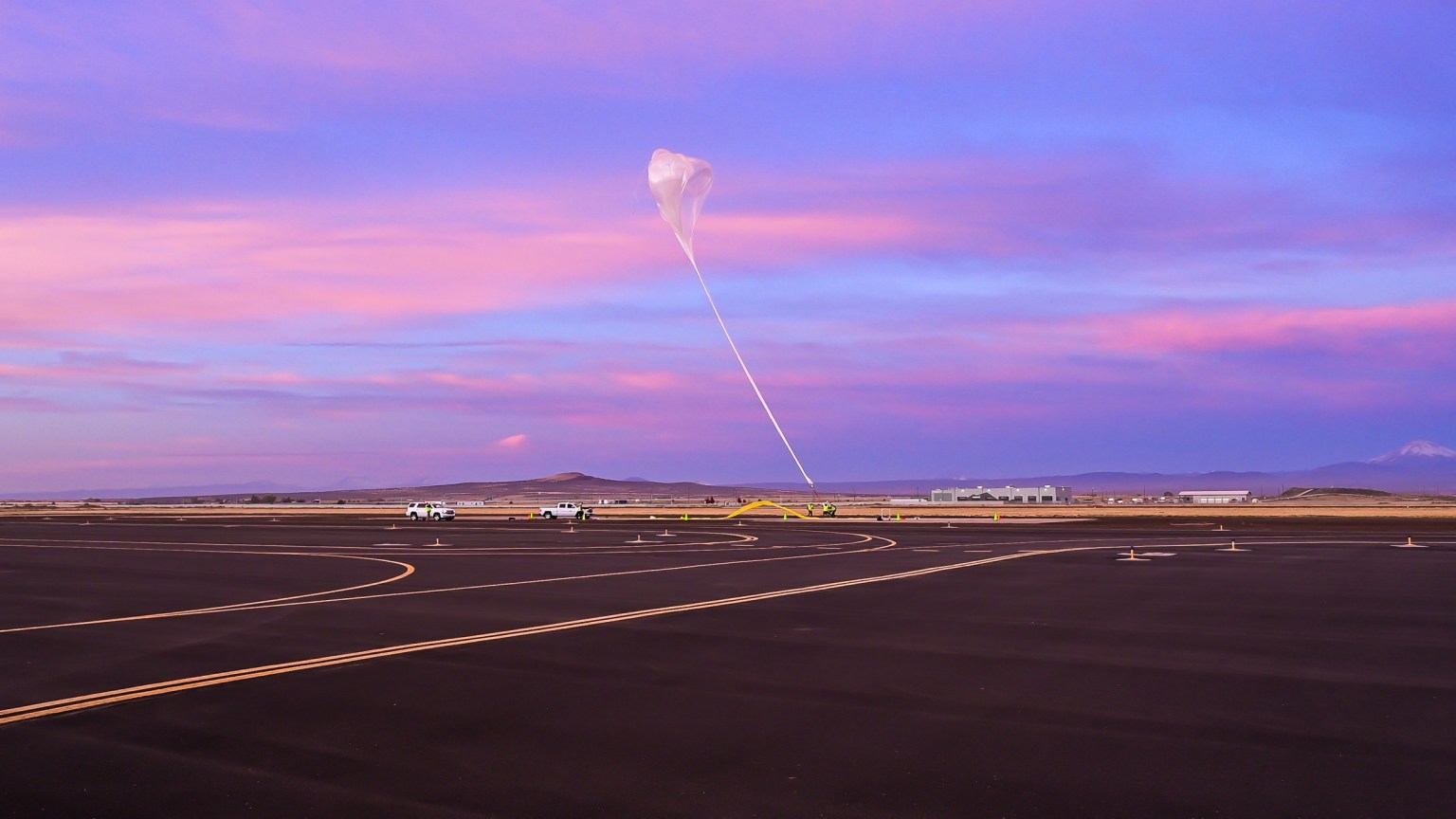NASA’s Armstrong Flight Research Center invites review and comment on the draft of its Suborbital/Hosted Orbital Flight and Payload Integration Services 4 solicitation. The new solicitation will replace contracts for existing services and seeks to add new capabilities – including hosting payloads in orbit and flying NASA researchers on suborbital flights – which will expand opportunities for a wider range of commercial companies to participate.
The purpose of this solicitation is to acquire space on commercial flights for space technology payloads, along with payload integration services. The objective is to fly these payloads aboard platforms that fly at high altitudes, offer reduced gravity, or provide other relevant environments required to test the technologies and advance their readiness for use in future space missions. In addition to hosting payloads, contractors may provide space for NASA personnel to fly as researchers aboard those suborbital platforms capable of supporting human flight.
This contract will be managed by NASA’s Flight Opportunities program, in collaboration with the agency’s Small Spacecraft & Distributed Systems program, with the flights and other services solicited available for NASA internal use across the agency as well as for other government agencies.
Respondents must be a United States entity. Typical platforms will include, but are not limited to, spacecraft, sounding rockets, high-altitude balloons, and entry, descent, and landing testbeds that have a demonstrated capability of meeting one or more of the desired flight profiles.
Interested respondents can view the full draft solicitation online. Potential offerors are encouraged to comment on all aspects of the draft solicitation, including the requirements, schedules, proposal instructions, and evaluation approaches, as well as any other programmatic elements associated with performance of the work.
Comments are due no later than 2:00 pm PST on March 11, 2023.
This competitive acquisition will result in a Firm-Fixed Price (FFP) Multiple Award Indefinite Delivery Indefinite Quantity contract with the ability to issue FFP task orders. The contract will have an effective ordering period of 5 years from the contract effective date.
The current planned release date for the final Request for Proposal (RFP) is on or about March 23, 2023, with proposals due approximately 30 calendar days later. The anticipated contract award date is July 15, 2023, with an August 1, 2023, contract effective date. These contracts will replace the existing Flight Opportunities IDIQ contracts when those expire.
The Flight Opportunities and Small Spacecraft & Distributed Systems programs, both part of the Space Technology Mission Directorate, increase the pace of space exploration, discovery, and the expansion of space commerce through the rapid identification, development, and testing of capabilities that exploit agile spacecraft platforms and responsive launch capabilities from industry providers. The portfolio pursues risk-tolerant technology development and rapid access to space test conditions, both suborbital and orbital, to de-risk technologies for future applications. Flight Opportunities is based at the agency’s Armstrong Flight Research Center in Edwards, California, and Small Spacecraft & Distributed Systems is based at NASA’s Ames Research Center in Silicon Valley, California.










